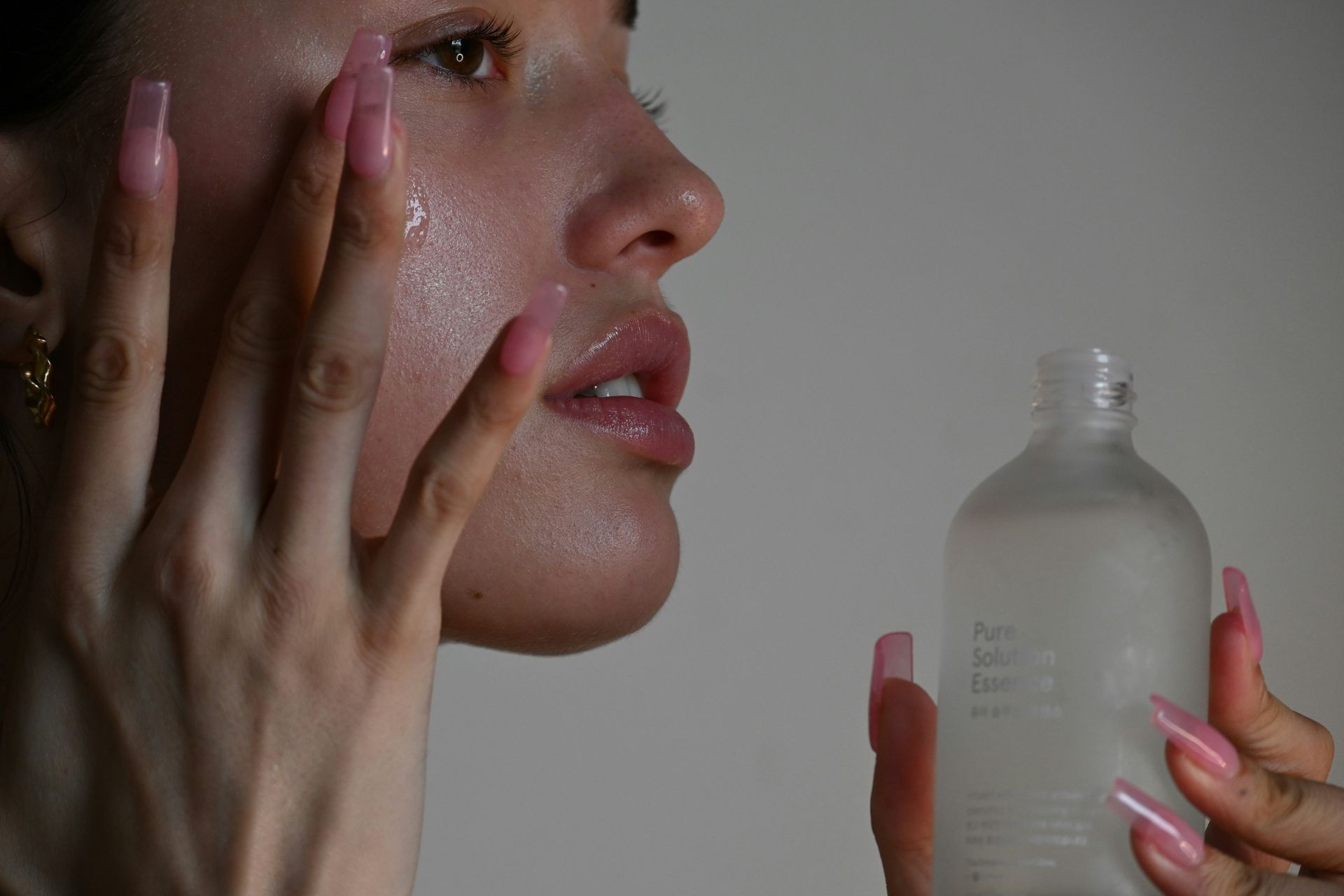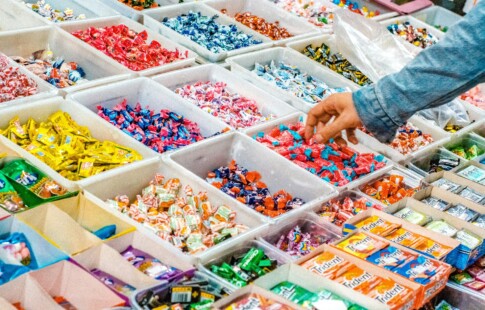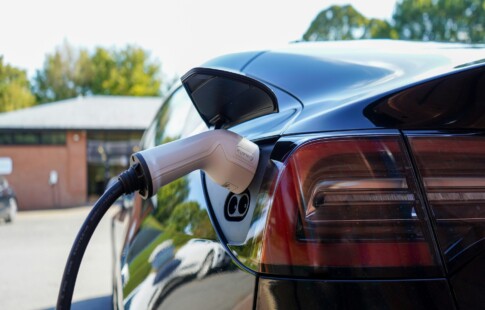
The Clean Skincare Brands You Can Actually Trust
We are reader-supported. When you buy through links on our site, we may earn affiliate commission.
Walk down any skincare aisle, and shelves will be lined with products labeled as clean or all-natural. Yet, with loose regulations and a rise in greenwashing, it is getting harder to tell which brands genuinely prioritize health and sustainability and which are using buzzwords.
Consumers are becoming more conscious of what they put on their skin and how those choices affect the planet. The good news is that some brands are doing it right, offering transparency, safe ingredients and eco-friendly practices that are more than typical marketing claims.
What Does “Clean” Skincare Really Mean?
Clean skincare means using products made without ingredients known to harm human health or the environment. These formulas avoid things like parabens, phthalates and synthetic dyes.
Many brands use this term to show consumers that their products are free from these harmful chemicals. However, the truth is that most use this word loosely by slapping it on labels and fueling their claims with marketing propaganda. This is because “clean” does not have a standard definition. There are no rules or regulations for what qualifies as clean. So, many companies market themselves this way, but their ingredient lists tell a different story.
In fact, around 90% of beauty brands still use fragrance ingredients, including synthetics, which are a known irritant that can trigger allergic reactions and hormone disruption. Even more concerning, 72% of those brands do not disclose the exact ingredients used in their produce. This means they could be hiding toxic chemicals under generic terms.
So when a label says “clean,” many consumers become wary of the product and the brand that sells it.
The Problem of Greenwashing
With sustainability on everyone’s radar, beauty brands are quick to talk about their “eco-friendly” initiatives. However, only a few claims hold up under scrutiny, and when they do not, it is considered greenwashing. This happens when a company markets itself as environmentally responsible without taking meaningful action, and it has become rampant in the skincare industry.
Take packaging, for example. A brand might print “100% recyclable” on its plastic bottles, giving the impression that buying their product reduces waste. In reality, most of these plastics are not recycled due to limited recycling infrastructure or improper disposal. Globally, approximately 350 million tons of plastic go to waste yearly, much of which ends up in landfills or the ocean, regardless of that label on the bottle.
Consumers are paying more attention, though. One survey found that 40% of shoppers want to know how their favorite beauty brands are actively preventing their products from polluting the planet. Yet, many companies respond with vague sustainability promises, like using “eco-friendly materials” or claiming “environmentally safe production,” without being transparent about enforcing or measuring these initiatives.
Greenwashing delays real progress. That is why it is essential to support brands that back their environmental claims with concrete actions.
Key Certifications and Labels to Look For
With many brands claiming to be clean and sustainable, third-party certifications can cut through the noise. These labels indicate that a product or company has met rigorous environmental and ethical standards.
When shopping for trustworthy clean skincare, keep an eye out for these certifications:
- Environmental Working Group (EWG) Verified: Ensures products meet strict ingredient transparency and health standards set by the EWG. This badge confirms the product avoids harmful chemicals and fully discloses its ingredients.
- United States Department of Agriculture (USDA) Organic: Certifies that at least 70% of a product’s ingredients are organic, free from synthetic fertilizers, pesticides and genetically modified organisms (GMOS). This label ensures clean ingredient sourcing from start to finish.
- Leaping Bunny Certified (Cruelty-Free): Verifies that a brand does not test on animals at any stage of product development. It is a global gold standard for cruelty-free products.
- Fair Trade Certified: Focuses on ethical sourcing and labor practices. This certification ensures farmers and workers involved in ingredient production are paid fairly and work in safe conditions.
Best Clean Skincare Brands Available on the Market
While many brands are making “clean” claims, finding companies that follow through is refreshing. These skin care brands prioritize transparency, safe ingredients and sustainable practices to feel good about.
1. Tata Harper
Tata Harper is a rare example of a fully transparent, sustainably minded luxury skincare brand that lives its values. Founded on a 1,200-acre organic farm in Vermont, the brand was built around the belief that luxury skincare should be completely free from synthetic ingredients. Every product is crafted in-house, from growing some raw botanicals to formulating, batching and packaging.
What makes Tata Harper truly clean:
- Farm-to-face production: Many key botanicals are grown on the brand’s own certified-organic farm. Manufacturing and packaging occur on-site, allowing full control over freshness, quality and sustainability.
- ECOCERT Certification: All products carry ECOCERT/COSMOS certification — a globally respected standard that verifies ingredient integrity, eco-friendly production and sustainable packaging.
- Eco-friendly, refillable packaging: The brand uses recyclable glass containers and bioplastics derived from sugarcane. Select products offer refill pods to minimize waste.
- Zero-toxin, natural formulas: Tata Harper formulates without synthetic chemicals, GMOs or artificial fragrances. Every ingredient is disclosed, and customers can trace each product’s batch for more information.
2. Herbivore Botanicals
Herbivore Botanicals was founded in Seattle in 2011 by Julia Willis and Alex Kummerow with a clean-beauty vision — create plant-powered formulas that deliver visible results. The brand uses 99% natural, vegan, cruelty-free ingredients, choosing only botanicals and plant-based skin-compatible and eco-conscious ingredients.
What makes Herbivore Botanicals truly clean:
- Clean, concentrated formulas: Every ingredient serves a purpose. There are no synthetic dyes, parabens, phthalates or fillers — only plant-based actives chosen for efficacy and purity.
- Transparency and traceability: The brand openly shares its ingredient sources and supply chain details. For instance, its use of sustainably sourced palm oil, shea butter and botanical extracts is traceable.
- Sustainable packaging: Most products are packaged in recyclable glass and FSC-certified paper, with minimal plastic used only where absolutely necessary. Herbivore aims to eliminate all virgin plastic by 2025.
- Ethical certifications: Certified by PETA and Leaping Bunny, Herbivore maintains a strict no animal testing policy and fully vegan formulations.
3. OSEA Malibu
Founded in 1996 in Malibu, California, OSEA Malibu has been setting the gold standard for clean, seaweed-powered skincare long before “clean beauty” became a buzzword. The brand’s name — Ocean, Sun, Earth, Atmosphere — reflects its deep connection to nature, and its mission has always been to deliver effective skincare that protects the planet from which it draws inspiration.
What makes OSEA Malibu truly clean:
- Vegan and cruelty-free from day one: Certified by PETA and Leaping Bunny, OSEA has maintained 100% vegan, cruelty-free products throughout its history.
- Backward-compatible sustainability: Packaging in recyclable glass and FSC-certified paper was standard for OSEA long before it was trendy. It has streamlined practices like eliminating invoice inserts to reduce paper waste further.
- Climate-Neutral and Ocean-Positive Certified: OSEA measures and offsets its emissions footprint, investing in SeaTrees coastal restoration and kelp reforestation projects that sequester more carbon than the brand emits.
- Non-toxic ingredient standards: OSEA formulates without any harmful ingredients. Ingredient lists are fully disclosed, and the brand shares details about its sourcing and supply chain practices.
4. Indie Lee
Founded by Indie Lee in the wake of a life-changing health scare linked to environmental toxins, Indie Lee was born out of a mission to reclaim wellness through skincare. Today, the brand uses nature and science to offer safe and effective formulas. Rejecting over 1,300 banned ingredients, it adheres to COSMOS and Prop 65 Standards to guarantee clean, chemical-conscious craftsmanship.
What makes Indie Lee truly clean:
- No suspect ingredients: Indie Lee formulates without harmful ingredients. It specifically excludes parabens, phthalates, silicones, mineral oil and more.
- COSMOS-Certified and rigorous standards: Many products carry the COSMOS seals, signaling certified organic sourcing, sustainable extraction and responsible production.
- Cruelty-free and vegan options: Indie Lee is Leaping Bunny certified, ensuring no animal testing at any ingredient or product stage. It also avoids selling in markets where testing is mandated. While most items are vegan, a few use ethically sourced beeswax, but each product is clearly labeled for transparency.
- Ethical ingredient sourcing: Practices extend to responsibly sourcing palm oil, shea butter, mica and botanical extracts, prioritizing fair trade and environmental safety.
Choosing Clean Skincare Brands With Confidence
Consumers want to ensure they truly get what they pay for when they buy clean skincare brands. However, the beauty world is full of gimmicky marketing tactics that make misleading claims.
Avoid being duped by these brands by double-checking their certifications and finding proof of their sustainability commitments. By looking for full transparency, customers can shop more confidently for their products.
Frequently Asked Questions
How Can I Tell If a Skincare Brand Is Truly Clean and Not Greenwashing?
Look past marketing claims and check for third-party certifications. Brands that are clean will provide full ingredient lists, explain their sourcing practices and be transparent about their sustainability efforts. If a brand makes a vague eco-friendly claim without specifics, it is a red flag for greenwashing.
Are Clean Skincare Brands Better for Sensitive Skin?
It depends on their formulation. Clean skincare brands avoid common irritants but natural ingredients can also be a potential cause of sensitivity. Always patch test new products and look for brands that focus on gentle, minimal formulations.
Share on
Like what you read? Join other Environment.co readers!
Get the latest updates on our planet by subscribing to the Environment.co newsletter!
About the author

Jane Marsh
Starting from an early age, Jane Marsh loved all animals and became a budding environmentalist. Now, Jane works as the Editor-in-Chief of Environment.co where she covers topics related to climate policy, renewable energy, the food industry, and more.





